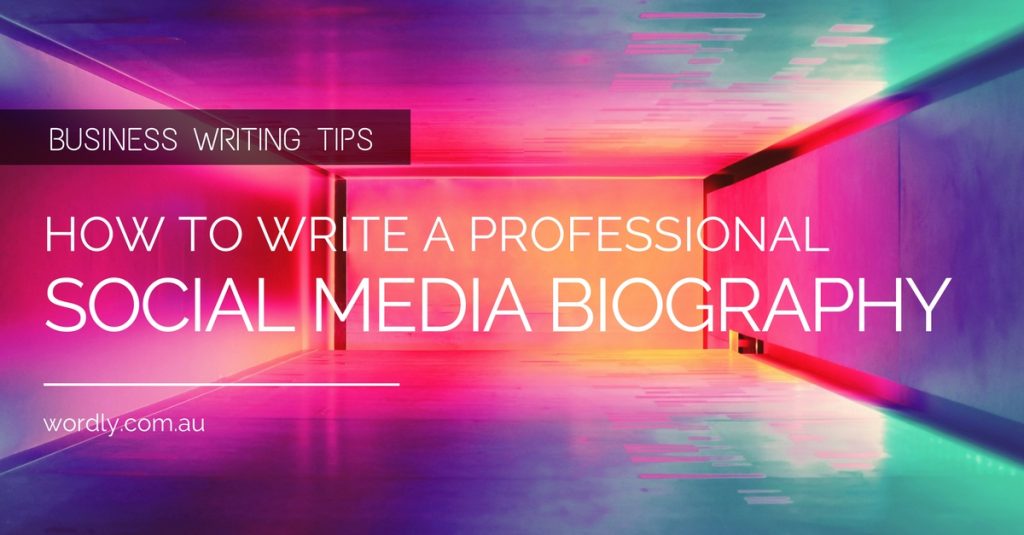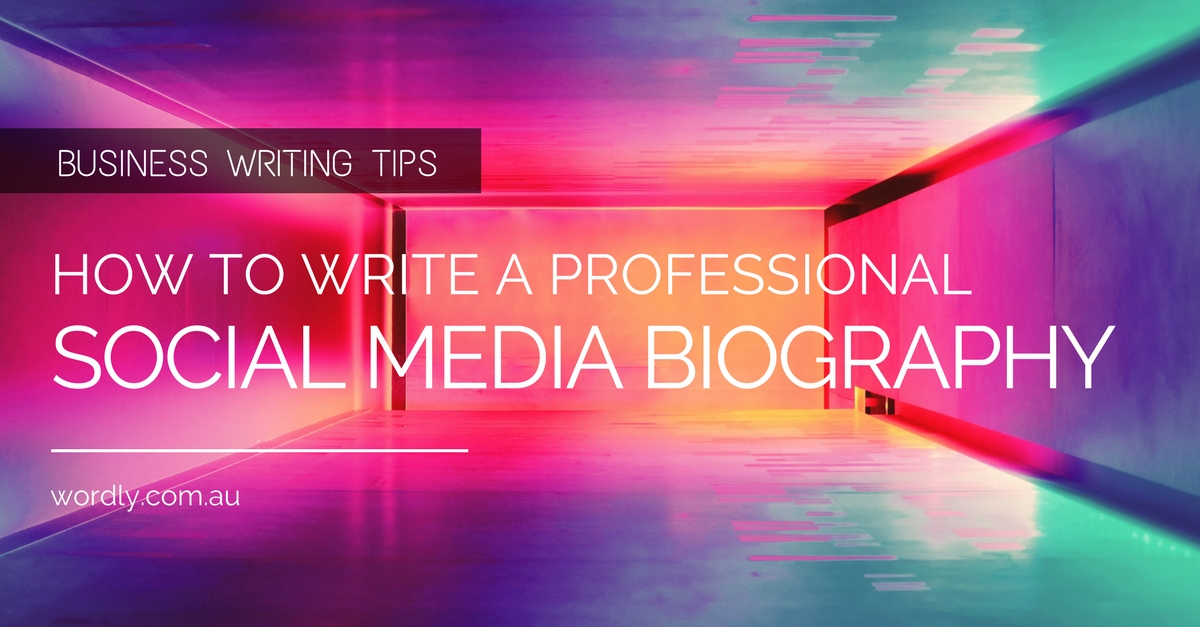Thanks to social media, professionals are given a chance to market themselves to a mass market that their predecessors would have killed for. 50 years ago a young marketer couldn’t advertise themselves to the entire world just by signing up to LinkedIn or creating a Facebook profile. Instead, they had to rely on word of mouth or hope that they had someone with an extensive reach who could vouch for them.
So, to honour our professional ancestors who did it the hard way, you have to make the most out of this opportunity. You have to make the most out of the space you are given on the web.
Your LinkedIn, Twitter or Facebook professional biography is a brief introduction to your desired field. It gives you the opportunity to have your voice heard before all others. It is a fantastic opportunity, but it is also a difficult one to utilise to its full advantage.
The best way to imagine your professional biography is to imagine that you are in a car and you are about to pass a congregation that is made up of the most important people in your industry. You have a split second to wind your window down and shout out exactly why they need you and what you can do for them.
So, here a few things to keep in mind when you’re coming up with that fateful shouted message.

Stand Out, Don’t Stand Apart
Your social media profile is your opportunity to stand out, but you don’t want to be so intent on selling yourself that you lose your human side. Don’t just scream your attributes, make sure you use language and imagery to convey the fact that you are approachable, you are good with people, and you will be a valuable member of a team. Unless you’re going for a job as the sole lab analyst in an Antarctic outpost, you will have to work with people – so show your human side.
Give Examples of What You Have Done, Not What You Can Do
Prospective employers or connectors have seen thousands of profiles where people list all of the things they can do: work to a budget, generate leads, influence key stakeholders, and so and so forth. There is no point listing all the generic skills that a person in your industry should have. Instead, you should create a list of actions you have taken where those skills have been demonstrated.
For example, writing something like, ‘With a small budget I increased our lead generation by x% and created relationships with the CFOs of three key companies that increased revenue and sales by x%’ will show that you possess all of the skills written above. It will also provide an example of how you can utilise those skills.
Impress, Don’t Brag
It seems obvious, but no one will be impressed by the tagline ‘I am the best . . .’ or ‘I know the most about . . .’ Instead, you should craft your prose in such a way that people will know you are an expert in your field without you having to tell them. If you’re trying to impress the scientific community show that you know your stuff, if you are going for a job in the sporting world you need to show your awareness of the particular field you are trying to situate yourself in.
Sell Yourself
When creating your professional Twitter, Facebook or LinkedIn profile, you have to remember that you’re commodifying yourself. If you are trying to increase your number of connections or followers, you’re basically trying to turn yourself into web real estate that is worth purchasing.
No Clichés
Everyone hates clichés, but everyone seems to use them. There are a few words in the professional world that have been used so much that the mere sight of them will send the frequent Facebook, LinkedIn or Twitter surfer straight to the escape key.
The sentence, ‘I am an innovative thinker who uses market analytics to develop strategies and achieve outcomes’ is terrible. In fact, it’s a disgusting sentence. I felt sick writing it, and you should feel sick reading it. That’s because the words ‘innovative, strategic and analytical’ have all moved beyond the point of relevance and become fluff. They mean nothing and they won’t sell you.
Instead of throwing in a bile-inducing sentence like that above, include specific examples of how you are ‘strategic, innovative and analytics-literate’.
Remember the Platform, Honour the Spirit
You’re working with social media; you’re not placing an ad in the classifieds. Even though you’re creating a professional profile you can still leave room for a bit of fun and there is plenty for room for personality. Include your personal interests, no matter how specific they are. In fact specific interests, such as ‘modernist Scandinavian cinema’ or ‘new world oenology’ may even help you to make more connection based on common interests shared.
Including personal interests and some humour also adds that all-important human element to your profile.
Don’t Set and Forget
Think of your professional profile as an extension of yourself. As you change, you need to change your profile. A profile that hasn’t been edited for 12 months will not be a reflection of you, meaning it won’t be effective in selling your skills or helping you take that next step. Be sure to take advantage of the edit function on all these platforms.



